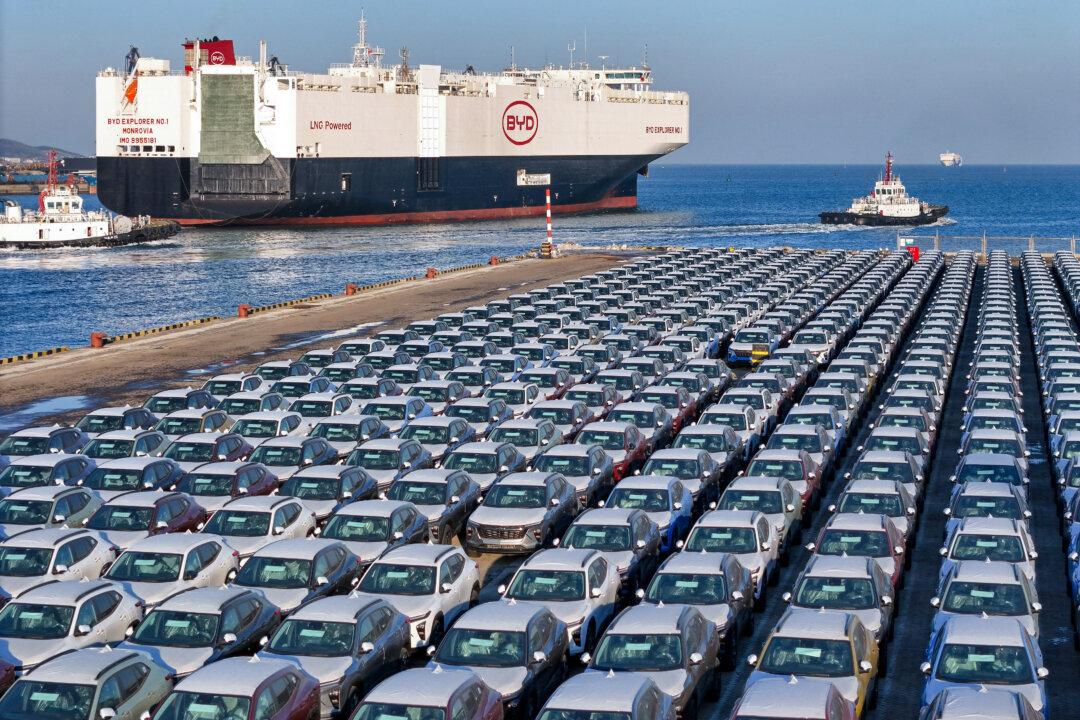A range of Chinese imports, including computer chips and electric vehicles (EVs), will face a drastic increase in customs duties starting in August, the Office of the U.S. Trade Representative said on May 22.
The announcement comes a week after President Joe Biden ordered that the tariff rate on EVs imported from China be quadrupled from current levels of 25 percent to 100 percent as part of his administration’s effort to address China’s excess production of cheap EVs.





